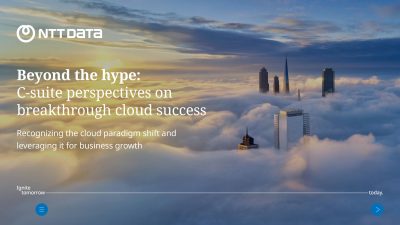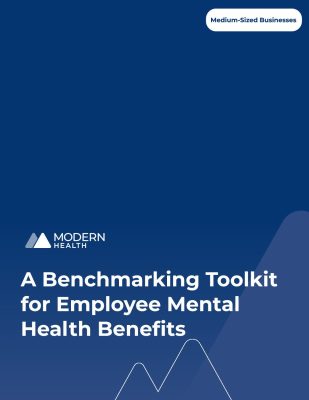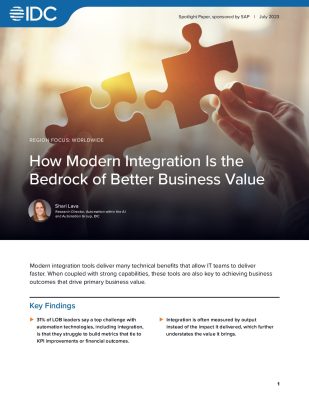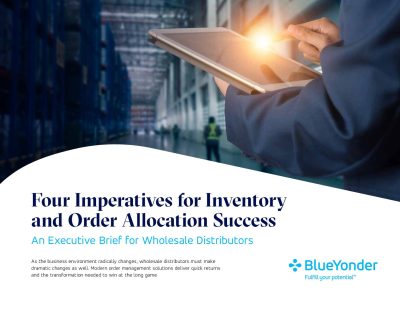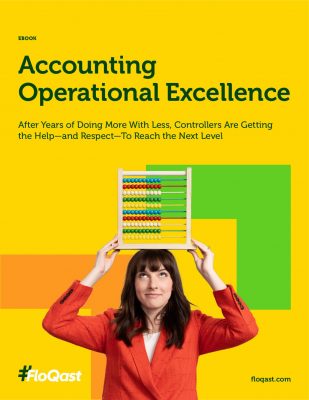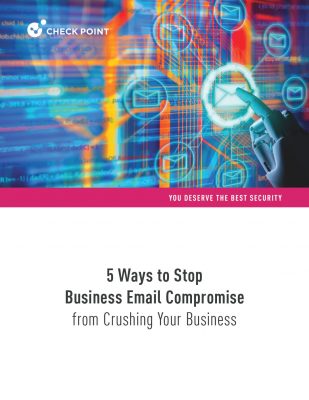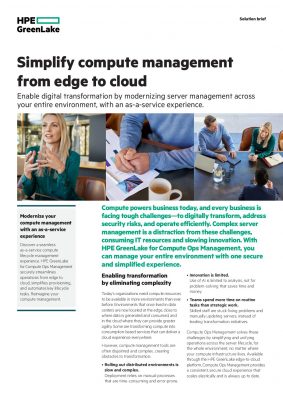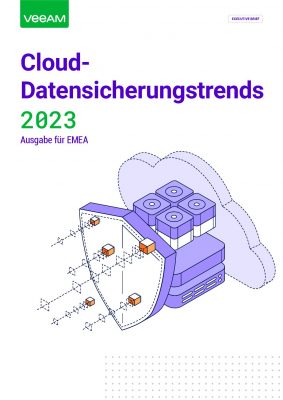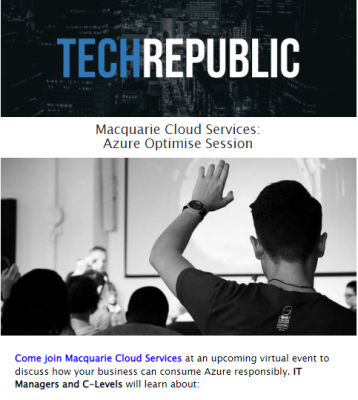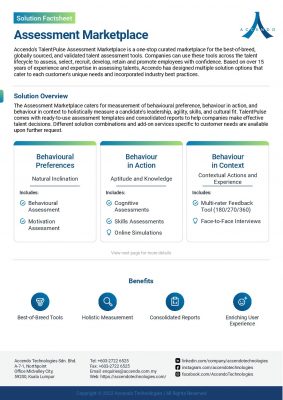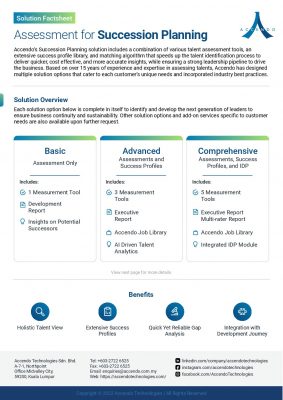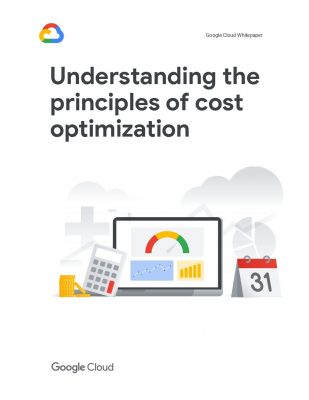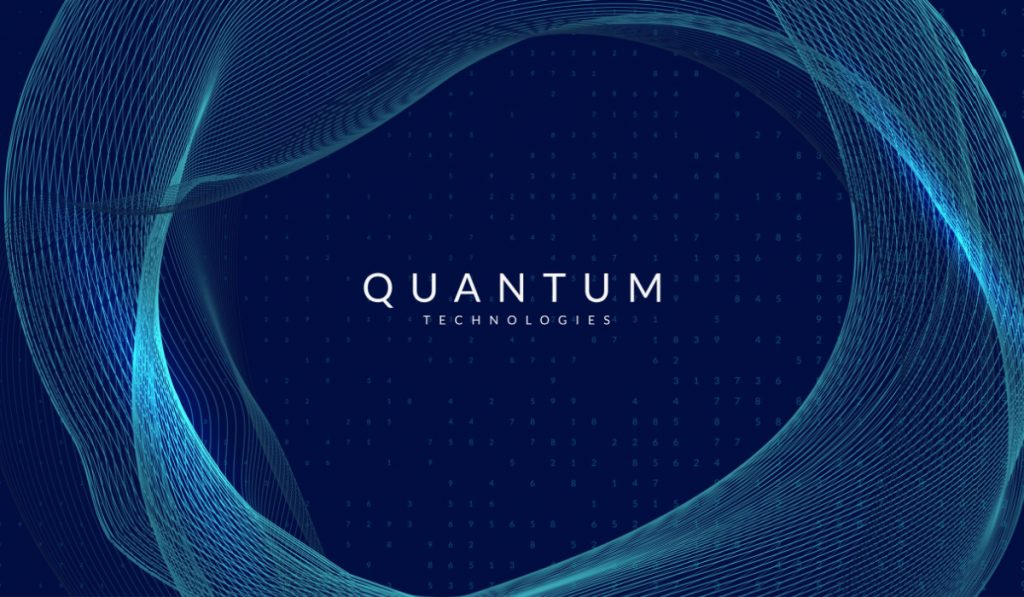Highlights:
- Q-CTRL Pty. Ltd., a quantum computing infrastructure company, has closed a USD 27.4 million Series B-1 fundraising round, bringing its total Series B round to over USD 52 million, the largest Series B investment among quantum software companies, according to Pitchbook data.
Quantum computing infrastructure firm Q-CTRL Pty. Ltd. announced recently that it has completed a USD 27.4 million Series B-1 funding round, totaling its Series B round to over USD 52 million – the most significant among all quantum software businesses, according to Pitchbook statistics.
The round was headed by Salesforce Ventures and included new investors such as Alumni Ventures, Mindrock Capital, ICM Allectus, former General Dynamics Inc. partner Bill Lightfoot, and international rugby legend and Australian business leader John Eales. Existing investors, including Airbus Ventures, Horizons, Data Collective, Main Sequence Ventures, and Ridgeline Partners, also participated.
Q-CTRL is an Australian firm that aims to solve the problem of quantum computing’s unreliability. Instead of manufacturing quantum computers, it develops software to stabilize quantum machines manufactured by other businesses.
Such software is important due to the extreme fragility of current quantum computers. To preserve the stability of their “qubits,” the quantum analog of conventional bits, some of the finest computers must be stored in containers at temperatures near absolute zero. However, even at these low temperatures, such systems may only operate for brief periods until mistakes enter their computations.
The software developed by Q-CTRL is intended to assist quantum computers with stabilizing their qubits, which may represent a zero, a one, or both at the same time – the unique property that makes them far more powerful than conventional computers. The software displays qubit processing failures on a sleek interface offering insight into their root cause. It provides engineers with the tools to reprogram their quantum computer’s circuitry to fix these faults, enhancing the machines’ capabilities. The software of Q-CTRL has been demonstrated to increase the performance of quantum algorithms conducted by qubits by a factor of up to 25.
The other advantage of the software is that it can be applied to the quantum sensing technique, which relies on the fragility of quantum hardware to collect sensitive measurements unnoticeable to conventional sensors. Based on trapped atoms, the technology may collect exact measurements of subsurface water sources, monitor space weather conditions, and navigate any place on Earth without a global positioning system.
In terms of sensitivity and stability, quantum sensing offers several benefits over conventional sensors. The technology is still susceptible to the same vulnerabilities as quantum computers, but Q-CTRL’s software can handle this.
Robert Keith, managing director of Salesforce Ventures, stated that the technology is “head and shoulders” above the competition when addressing the most fundamental difficulties in quantum computing. He further said, “Q-CTRL’s products are essential for enterprise adoption of quantum computing, and their use of AI is delivering critical insights across hardware platforms that no one else can match. With their additional leadership in pioneering quantum sensors, we came to see Q-CTRL as one of the most consequential businesses in the sector for their ability to deliver value through quantum technology.”
Heather West, Research Manager at International Data Corp., acknowledged Q-CTRL’s emphasis on enhancing the performance and usability of current quantum computers without requiring substantial expenditures, in a recent report.
Heather West, said, “Q-CTRL’s frictionless quantum infrastructure software has a shallow learning curve and allows CIOs and CTOs to become quantum ready today reducing enterprise risk. Q-CTRL anticipates that with its software, enterprises will be able to leverage the skills of their current IT developers to easily develop, optimize, and execute quantum algorithms and obtain high levels of performance on any given hardware at a low net cost.”
Q-CTRL asserts that its product range has more than 8,000 users and that its quantum computing and quantum sensing divisions booked USD 15 million in sales over the past year. Among these clients is the French multinational information technology services and consulting business Capgemini SE, which stated that its collaboration with Q-CTRL enabled them to explore previously inconceivable quantum computing applications.
Julian van Velzen, Capgemini’s Quantum Lab Head and Chief Technology Information Officer, said, “In the years ahead, as we move closer to quantum advantage, Q-CTRL’s products will enable real applications to deliver value sooner.”
Q-CTRL stated that it would double down on its product engineering and invest in its sales and marketing skills with the funding from this round. In its Sydney, Los Angeles, and Berlin offices, the firm intends to increase its employees from about 80 to 120 by the end of the year.
Michael Biercuk, Q-CTRL Chief Executive, stated, “Today’s additional validation from the investor community — especially while capital raises have been difficult to assemble — is a huge boost for our mission and ambition to truly make quantum technology useful.”
